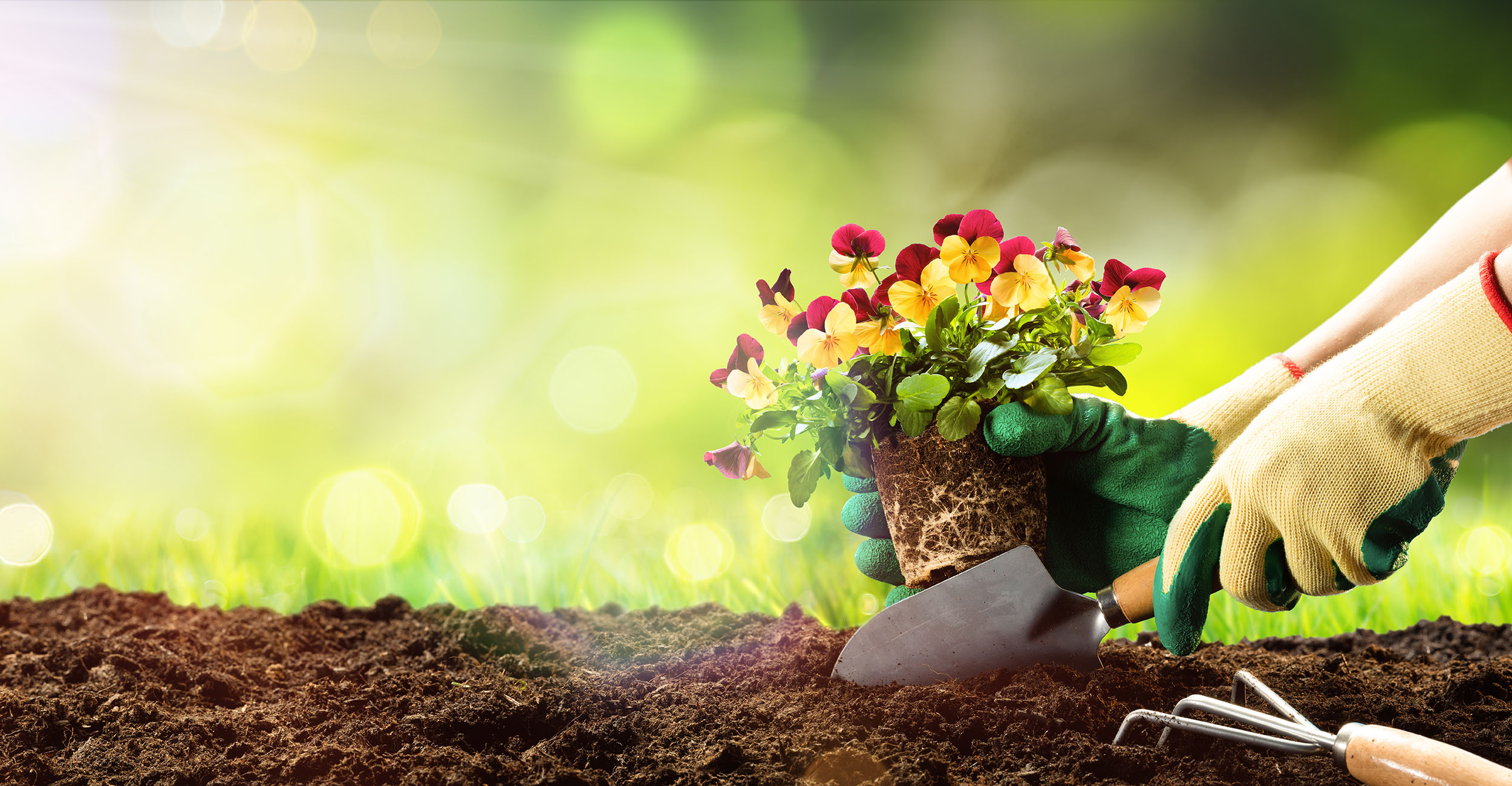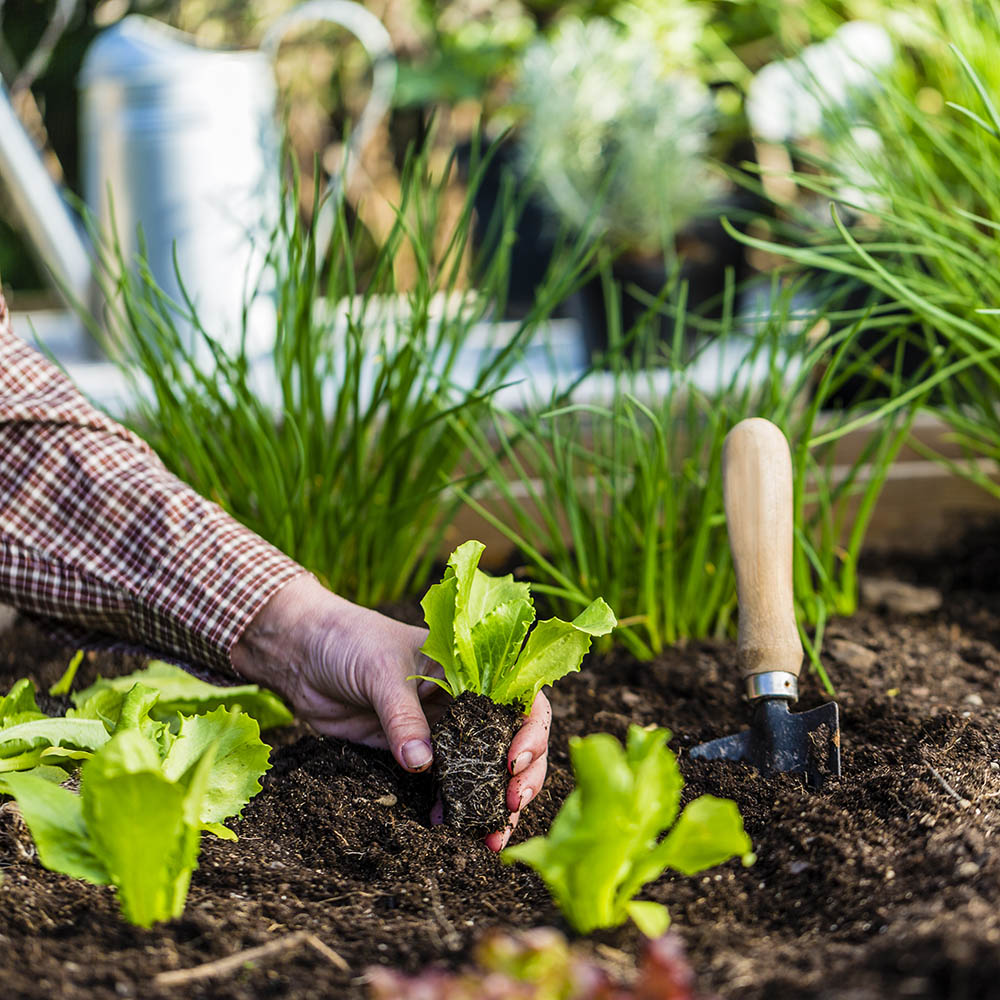Growing Green Thumbs: a Newbie's Journey Into the World of Gardening
Are you eager to get your hands unclean and begin expanding your very own garden? You'll learn about picking the right plants, recognizing dirt and compost, and vital gardening tools. We'll also instruct you watering and feeding strategies and exactly how to deal with typical garden pests. gardening kit for beginners.
Picking the Right Plant Kingdoms
You need to analyze your gardening space and figure out the number of plants that will certainly fit conveniently. Action the dimensions of your garden beds or pots and compute the available area. Consider the mature dimension of the plants you plan to grow.
When you have a clear concept of your gardening room, it's time to choose the best plants. Assume regarding what you appreciate eating or what blossoms you find most attractive. Think about the climate and sunlight problems in your location. Specific plants flourish completely sun, while others choose partial color. Make note of any microclimates in your garden, such as areas that obtain essentially sunshine than the rest. This will certainly aid you select plants that are suited to your certain problems.
It's likewise important to consider your degree of gardening experience. Decide for plants that are easy to grow and require very little upkeep if you're new to gardening. Herbs like mint, rosemary, and basil are flexible and perfect for beginners. Additionally, think about the length of your expanding period. Select plants that have a much shorter maturation duration if you stay in a region with a shorter expanding period.
Comprehending Soil and Compost
To make sure the success of your yard, it is critical that you understand the significance of soil and compost. Dirt is the foundation of your yard, giving nutrients, water retention, and assistance for your plants. It is essential to have a mutual understanding of your dirt kind, whether it is sandy, clayey, or fertile, as this will establish the sorts of plants that will certainly flourish in your yard. Garden compost, on the various other hand, is a terrific method to improve the high quality of your soil. It is comprised of organic matter, such as cooking area scraps, lawn waste, and leaves, that decompose gradually. Adding compost to your dirt will enhance it with essential nutrients and enhance its framework, enabling for far better water drainage and aeration. You can either make your very own compost utilizing a garden compost bin or acquisition it from a yard center. Keep in mind, a healthy and balanced and fertile soil is the essential to an effective yard, so take the time to comprehend your dirt and include compost to ensure your plants prosper.

Crucial Horticulture Tools
A good pair of gardening gloves is an essential to shield your hands from thorns, irritable plants, and dust. A yard pipe or watering can is necessary for maintaining your plants moisturized. A strong pair of pruning shears or secateurs is important for trimming and forming your plants.
Watering and Feeding Strategies

Handling Common Yard Vermin
As a beginner garden enthusiast, you might experience usual garden pests that can damage your plants. These insects can range from bugs like caterpillars, aphids, and beetles, to small pets like squirrels and bunnies. It's essential to be able to recognize and deal with these parasites successfully in order to protect your plants and make sure a successful yard.
One of the primary steps in taking care of yard bugs is to regularly check your plants for any indications of problem. Search for eaten leaves, holes in the vegetation, or the existence of tiny insects. If you identify any bugs, it's important to take activity instantly to avoid them from spreading and triggering more damages.
There are a number of techniques you can utilize to regulate yard parasites. Additionally, there are organic pest control sprays available more helpful hints that can assist hinder and eliminate common garden bugs.
Keep in mind, avoidance is essential when it comes to taking care of yard pests. Keeping your garden complimentary and clean of debris can help in reducing the likelihood of an infestation. Frequently eliminating weeds and dead plants can likewise help eliminate concealing places for pests.
Final Thought
Congratulations on completing your novice's trip into the globe of gardening! By selecting the right plants, understanding soil and garden compost, utilizing crucial gardening devices, and mastering watering and feeding methods, you have actually set on your own up for success. Don't fail to remember to remain watchful in managing common garden parasites to ensure your plants flourish. With your newly found knowledge and eco-friendly thumbs, your yard will certainly thrive and bring you limitless joy and charm (home gardening for beginners). Happy gardening!
Dirt is the structure of your garden, giving nutrients, water retention, and assistance for your plants. It is vital to have a great understanding of your soil kind, whether it is sandy, clayey, or fertile, as this will certainly determine the kinds of plants that will certainly grow in your yard. Bear in mind, a abundant and healthy and balanced dirt is the crucial to an effective garden, so take the time to comprehend your soil and incorporate compost to guarantee your plants grow.
As a newbie garden enthusiast, you may experience common garden parasites that can unleash chaos on your plants. It's crucial to be able to determine and deal with these insects effectively in order to protect your plants and make certain an effective garden.